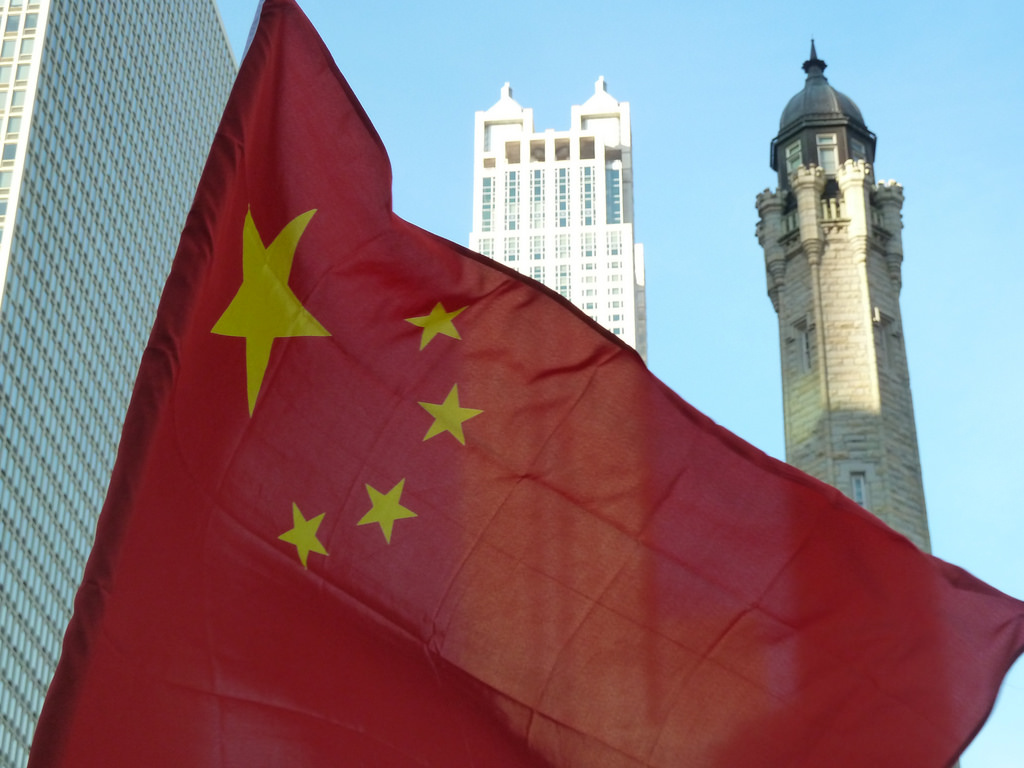"There is often a disdainful attitude, relative, of course, to local conditions and peculiarities and a general lack of transparency," he explains.
For example, there are infrastructure projects with a total cost of approx. $ 23 billion in Malaysia. They were suspended in July after Kuala Lumpur resumed the investigation of a high-profile corruption scandal involving theft of billions of public money through the 1MDB investment fund. In 2016, Chinese President Xi Jinping praised the fruitful relations between the PRC and Malaysia, while the then Malay Prime Minister Najib Razak called China "a real friend and strategic partner." Last week, Najib, who is no longer the Prime Minister of Malaysia, was arrested and accused of corruption. The Sino-Malay projects, including the construction of the East Coast Rail Link railway with an estimated $ 14 billion, has been suspended. 85% of this construction is financed by the state-owned Export-Import Bank of China. The new Malay authorities explain that they are now reviewing "unequal" contracts with Chinese firms and banks.
Ex-Im Bank and China Development Bank are the most powerful financial institutions in the world that finance infrastructure projects. Suffice it to say that they issue more loans than the six largest Western multilateral development banks combined. In the West, they are accused of being non-transparent and unwilling to conduct fair open tenders to find contractors.
This almost always leads to the fact that profitable contracts go to a narrow group of contractors, consisting exclusively of Chinese state companies, which rarely take into account the wishes and proposals of local authorities. As a result, "Chinese" projects are often commenced despite the strong discontent of the local population. A good example is construction of a huge Itugao dam in Colombia, partially funded by the CARICOM Development Fund for Latin America and the Caribbean. The Chinese have dismissed numerous warnings from environmentalists and engineers that there are often landslides in the construction area. As a result of this attitude, there was a real threat of dam break and flooding of adjacent territories.
Strong downpours already provoked a landslide this year. The authorities had to urgently evacuate 26 thousand people. Chinese representatives are not ready for discussions and debates in many countries where such disputes and problems arise, because they are not accustomed to them at home, in China.
Of course, Beijing closely monitors all OBOR projects and is well aware of the problems. The Chinese have a very useful characteristic: they learn from mistakes very quickly. We can assume that the number of such problems, the FT writes, will not increase, but decrease and that Beijing will be able to keep the situation under control as a whole.
source: ft.com
For example, there are infrastructure projects with a total cost of approx. $ 23 billion in Malaysia. They were suspended in July after Kuala Lumpur resumed the investigation of a high-profile corruption scandal involving theft of billions of public money through the 1MDB investment fund. In 2016, Chinese President Xi Jinping praised the fruitful relations between the PRC and Malaysia, while the then Malay Prime Minister Najib Razak called China "a real friend and strategic partner." Last week, Najib, who is no longer the Prime Minister of Malaysia, was arrested and accused of corruption. The Sino-Malay projects, including the construction of the East Coast Rail Link railway with an estimated $ 14 billion, has been suspended. 85% of this construction is financed by the state-owned Export-Import Bank of China. The new Malay authorities explain that they are now reviewing "unequal" contracts with Chinese firms and banks.
Ex-Im Bank and China Development Bank are the most powerful financial institutions in the world that finance infrastructure projects. Suffice it to say that they issue more loans than the six largest Western multilateral development banks combined. In the West, they are accused of being non-transparent and unwilling to conduct fair open tenders to find contractors.
This almost always leads to the fact that profitable contracts go to a narrow group of contractors, consisting exclusively of Chinese state companies, which rarely take into account the wishes and proposals of local authorities. As a result, "Chinese" projects are often commenced despite the strong discontent of the local population. A good example is construction of a huge Itugao dam in Colombia, partially funded by the CARICOM Development Fund for Latin America and the Caribbean. The Chinese have dismissed numerous warnings from environmentalists and engineers that there are often landslides in the construction area. As a result of this attitude, there was a real threat of dam break and flooding of adjacent territories.
Strong downpours already provoked a landslide this year. The authorities had to urgently evacuate 26 thousand people. Chinese representatives are not ready for discussions and debates in many countries where such disputes and problems arise, because they are not accustomed to them at home, in China.
Of course, Beijing closely monitors all OBOR projects and is well aware of the problems. The Chinese have a very useful characteristic: they learn from mistakes very quickly. We can assume that the number of such problems, the FT writes, will not increase, but decrease and that Beijing will be able to keep the situation under control as a whole.
source: ft.com





